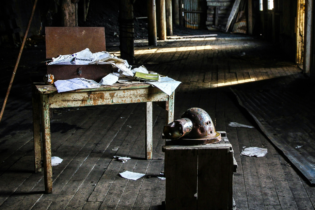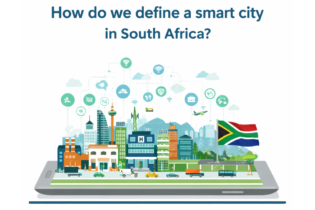Esorfranki saw a ‘positive’ six months to August, continuing its turnaround in tough infrastructure markets and restoring profitability as short-term prospects ballooned to R4.8bn.
The civil engineering and construction group, which operates throughout South Africa, sub-Saharan Africa and the Indian Ocean islands, saw revenue shoot up 33%, while headline earnings per share rocketed 300% to 7.8c, from a loss of 3.9c in the same period last year. “All the numbers are up and that’s very encouraging,” CEO Bernie Krone said on Thursday. “Our group-wide rationalisation and optimisation processes …. have cemented the platform for a sustained group recovery and entrenched profitability.” As a provider of specialist geo-technical services to urban construction and mining projects, the group engages in roads, earthworks and pipeline projects, and has recently expanded into affordable housing in SA. But Krone warned that times continued to be tough in South Africa’s “still depressed” construction sector, despite the group’s order book growing to R2.4 billion at the end of the period.To this end, Esorfranki had expanded further into Africa, picking up projects in Ghana and Uganda. It was also considering re-entering the Democratic Republic of Congo, and continued with key contracts in Angola, Mozambique and Botswana.
Mr Krone said about 40% of Esorfranki’s geotechnical contracts now came from elsewhere on the continent, and these markets accounted for about 15% of the group’s work. “(In SA) competition remains stiff. Domestic revenue increased only 1.2%, with South Africa still beset by pricing pressures and limited demand, compared to offshore revenue which grew 26%,” Mr Krone said. Esorfranki said it wanted to be less dependent on South Africa because of a lack of projects. That said, it had work on Eskom’s Kusile power station, and with the national roads agency and Rand Water. The group said it had made strides in using capital raised in a R202 million bond programme, settling external debt and introducing a new empowerment stakeholder. During the period the group spent R126m on property, plant and equipment to accommodate increased work on the order book, but was “prudent” in spending less than the R153m capital expenditure last year. “Work on hand and the future pipeline remain healthy and we feel that the group is operationally on track to maintain or improve operating margins,” Sibonginkosi Nyanga, an analyst at Imara SP Reid, said. “We think that broad-based fundamental value exists and that we are in the trough of the industry cycle.” Source: Business Day





